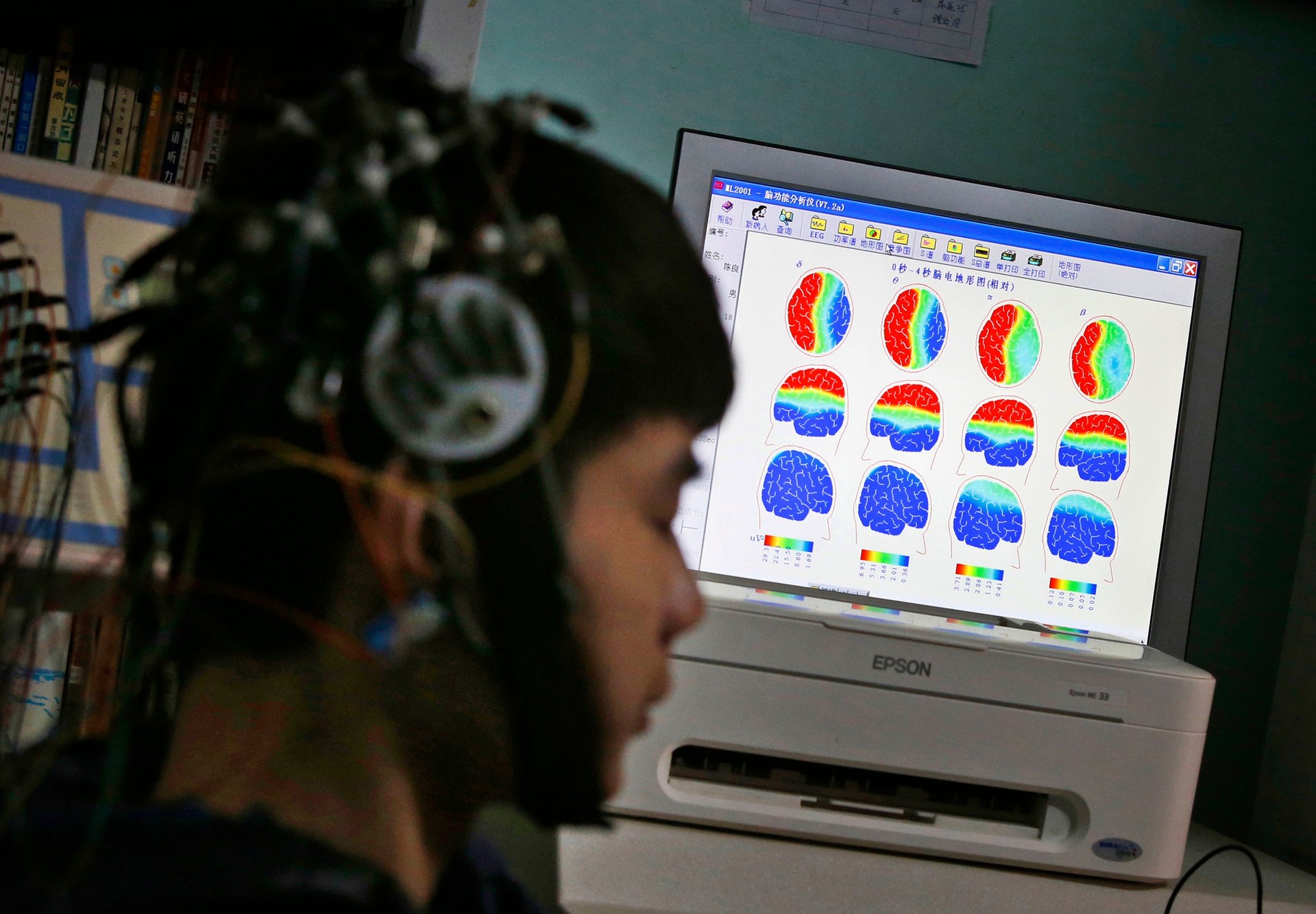Companies will use brain tech in hire in future—but here's a caveat
You have to be cautious if you're using a hiring technology that reads the minds of candidates

In future, human resource departments will deploy brain-monitoring technology in hiring and supervising.
“As employee-tracking expands, the workplace may routinely deploy neurotechnology for safety, productivity and recruitment,” said a report from the UK information commissioner’s office (ICO).
With companies like Elon Musk’s Neuralink being allowed to tap the human brain directly, this could create “a significant risk of discrimination” in future workplaces, the report has warned.
A discriminatory technology
Picture this: An HR manager is analyzing your thoughts, attitudes, feelings, and emotions using a brain reading software. It decides against your candidacy despite you being overqualified for the role—because you have a medical condition not mentioned in your resume. Or it could be because, even if you accept the offer, you plan to resign within six months.
This could spawn a new kind of hiring procedure “as complex systems and potentially inaccurate information become embedded in neurotechnology products and services.” It could also be a catalyst for unfair decisions.
If the general public does not clearly understand the technology, the study cautions, neurodata rights could be violated if those seeking this technology are “unable to provide clear consent.”
Neurodata is “data relating to the functioning or structure of the human brain of an identified or identifiable individual that includes unique information about their physiology, health, or mental states.”
A need for regulation
The UK information commissioner’s office, therefore, has called for a debate on the matter involving the industry, academia, and civil society stakeholders.
There is “a need for regulatory cooperation and clarity in an area that is scientifically, ethically, and legally complex,” the study acknowledges. ICO said it will address these concerns by “producing neurotechnology-specific guidance in the longer term” by 2025.
In recent years, investment has risen in neurotechnology, with US firm Synchron even enabling patients to send text messages straight from their minds, a breakthrough for the speech impaired. Earlier, in 2017, Neurable invented the world’s first brain-controlled virtual reality game, with players being allowed to drive remote-controlled cars with just their minds.
Other companies in the field include Blackrock Neurotech, NextMind, Bitbrain, Meltin MNI, Kernel, and Emotiv. The global neurotech market touched $12.82 billion in 2022, according to Precedence Research, and is now projected to grow to about $38.17 billion by 2032.
